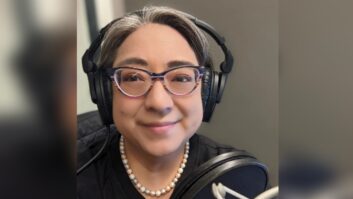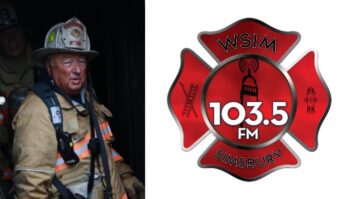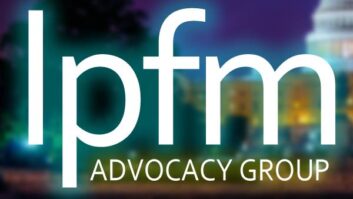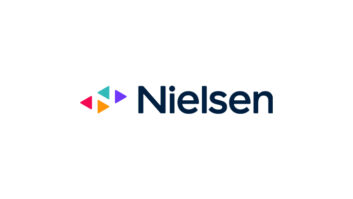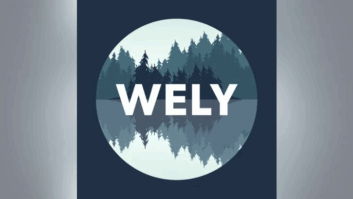The author is membership program director of the National Federation of Community Broadcasters. NFCB commentaries are featured regularly at www.radioworld.com.
Friday, Oct. 4, College Radio Day. is a day to recognize college radio stations nationwide. And every day afterward, it is essential to appreciate these community radio organizations and the way in which they serve their respective campuses and communities.
College Radio Day has been celebrated for nearly a decade. It kicked off in 2010 through the coordination of Rob Quicke of William Paterson University’s WPSC(FM) and Peter Kreten of WXAV(FM), Saint Xavier University. It has since evolved into an annual event where hundreds of college stations around the United States and, occasionally, other countries promote the work of college stations to educate and entertain.
In the age of Spotify, there have been a few think pieces that ask if college radio still matters. Certainly college radio matters. Not only do the stations provide valuable broadcasts locally, but they are wonderful institutions that give students opportunities to learn to produce media and, writ large, how to cultivate in themselves leadership and critical thinking skills. Although college radio is facing many challenges, it is incumbent on us to recognize its importance as an educational resource.
[Read: Community Broadcaster: Just Give]
College radio is one of the most unique parts of the noncommercial radio system. Unlike a nonprofit specifically formed to operate a radio station, college radio stations have a licensee with a massive number of departments, funding priorities, needs and administrative and educational demands on university finances. Rarely does a campus radio station get a dollar devoted to its support; in many cases, stations may be partially or wholly funded by student fees or other monies divided up among whole divisions of campus life. While those funds are surely appreciated and valued, it should not be too surprising when college radio gets lost in the sauce of a campus soup that includes libraries, athletics, intramural sports, student government and so much more.
In this context, visibility for a college radio station really counts. In August, the University Station Alliance, led today by Virginia Dambach (who replaced now-retired head Craig Beeby), conducted a survey on trends in reporting structure among institutional licensees. A takeaway was that 82% of responding general managers reported that their stations are either “appreciated and respected” or “beloved” by their universities. The remaining 18% was split among, in order, licensees knowing what the station does, generally; distant relations; and ignored.
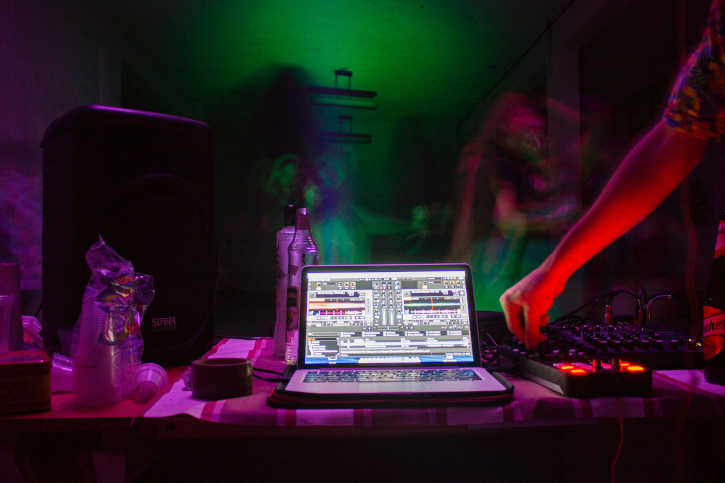
USA points out that reporting relationships may be a clue to better bonds. In its survey, 60% of respondents indicated they report at or above the associate vice presidential level while 40% report below the vice presidential level. More tellingly, the number of station general managers who report directly to one of the top institutional officers rose from 14% to 20% of respondents between USA’s 2009 survey and the 2019 survey.
How a station relates to campus higher-ups and their regard for the station as a part of the school’s brand is meaningful. University-licensed radio stations are in a curious place of late. While some are flourishing, others are being sold off by their home universities. To hear those in the college radio space relate it, religious broadcasters are most frequently the ones showing up to make offers. Such is not an unreasonable assertion: many of the biggest religious broadcasters have considerable resources, the nonprofit status to acquire said licenses and are noncontroversial to most people. And a cash-strapped university might be willing to consider such an offer. However, it’s up to those who care about stations, especially alumni, to constantly share college radio’s value proposition.
There are no shortage of college radio stations doing solid work. Jim Rand and the team at the University of Maine’s WMPG; Jennifer Kiser and student and staff leaders at the University of California Santa Barbara’s KCSB; and KBCS, Bellevue College’s powerhouse station, which recently appointed Dana Buckingham as manager, all are doing incredible campus/community collaborations and award-winning radio. May we together salute them, and the many college radio stations like them, doing cherished and thought-provoking media.
[Subscribe to our newsletter and get it delivered right to your inbox.]
